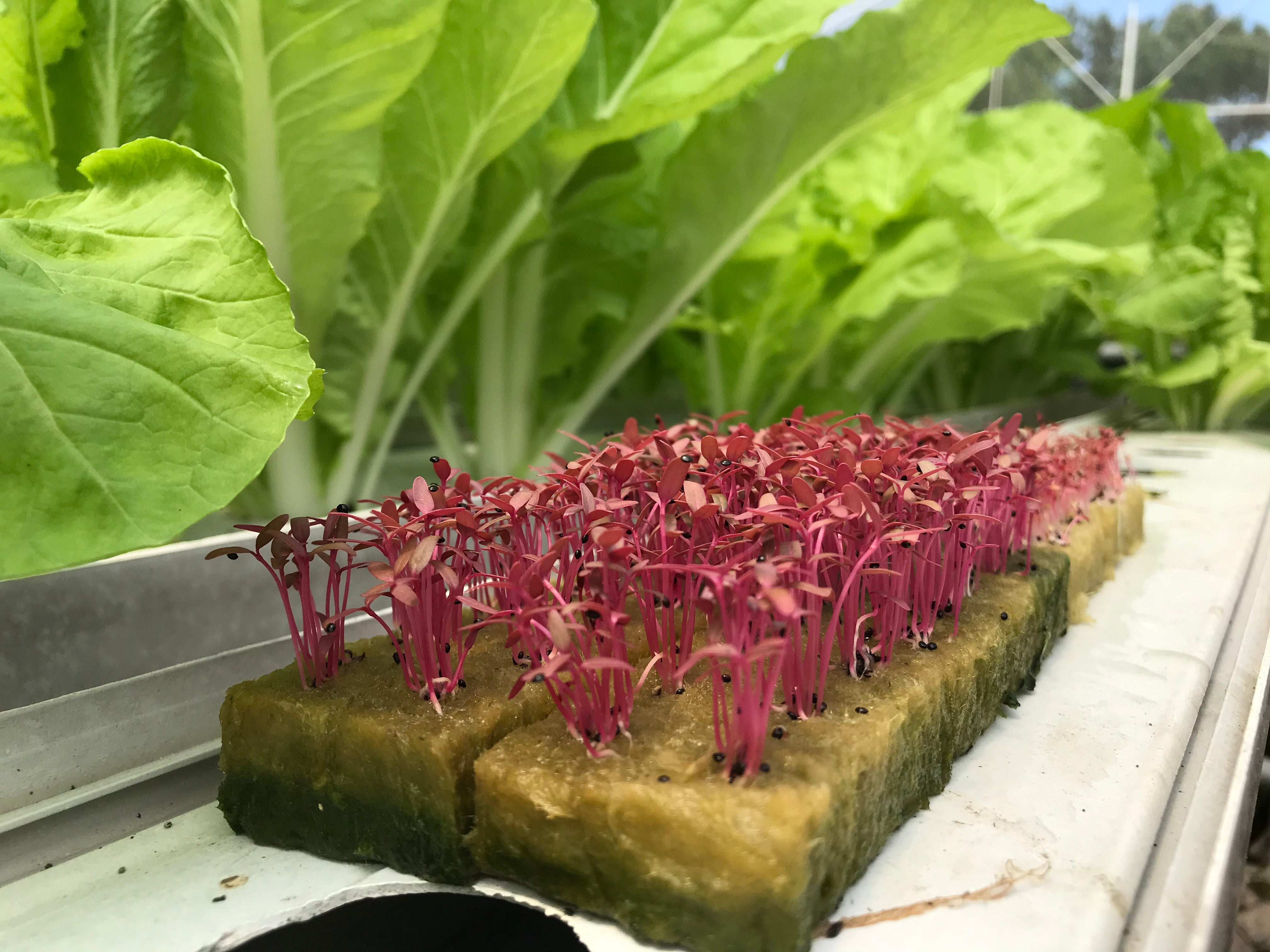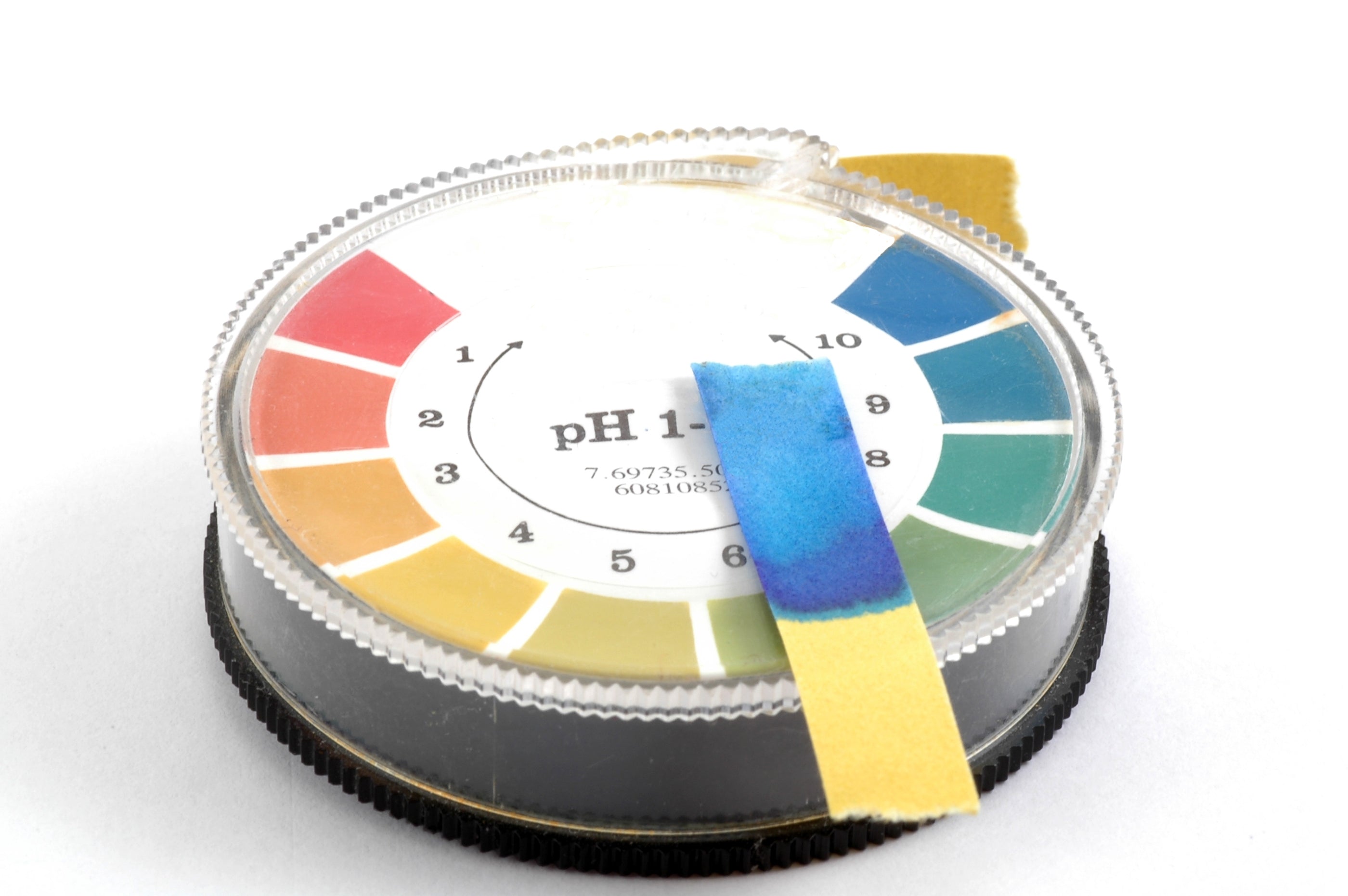What is Integrated Pest Management? - Part 1

What is Integrated Pest Management? Part 1 - An Overview of Integrated Pest management
One of the greatest threats to the success of your hydroponic operation is insect pests. Often hard to see and confusing to identify, insect pests can multiply at a pace so rapid they can turn a beautiful growing system into a scraggly mess in no time. Look on the internet and you will find a myriad of ways to combat these voracious little monsters. In this article I would like to talk about one thing that actually does work - integrated pest management. But what is integrated pest management? Broadly speaking its an approach to pest management that combines multiple methods to reduces negative ecological impacts.
Insect pests are bugs that feed on the leaves, fruit or flowers of plants. Some common pests include aphids, thrips, whiteflies, spider mites, caterpillars and scale. The best way to get rid of these (and anything else you don’t want on your plants) is to not get them in the first place. An ounce of prevention is worth a pound of cure (or is it a gram of prevention is worth a kilo of cure?) Either way, take care not to bring the pests to your plants.
If you are gardening outside, mowing the lawn or walking on a trail, change your clothes and shoes before going into your grow tent, greenhouse, or indoor growing room. Pests can cling to your clothes and then hop off as soon as they see other plants. Wash your hands and clippers/pruners when moving from one area to another. Inspect any plants you bring into your grow area before you bring them in, and if they have any pests, don’t bring them in.
But oftentimes no matter how careful you are, insect pests do find your plants. If you look on the internet, you will find a million home remedies to get rid of them. Some common suggestions include making a spray of soap and hot pepper oil, hitting the plants with a jet of water, using insecticidal soaps or pesticides, or even covering your plant in a mixture of buttermilk, flour and water.
Do any of those sound like they will work? Probably not. The best way to get rid of pests on your plants is to bring in other bugs to eat them. This is called biological pest control and is a key part of integrated management! You buy beneficial bugs to eat the bad bugs. When you have a large enough group of predators (good bugs), they will go to work catching and eating the pests (bad bugs) just as nature intended. The most common example is ladybugs eating aphids, although there are many lesser known predator insects out there too.

There are so many benefits to biological pest control. When done correctly, you have an army of hungry insects waiting for the pests to show up. You never need to spray your plants with insecticides or other sticky concoctions that get all over your produce. Beneficial insects continuously reproduce, so once you have a good base you rarely need to buy more. And most beneficials are tiny! You won’t even see them on your plants. They are like invisible janitors, cleaning up your plants from the destruction of the pests.
Now that you know what integrated pest management is, please read part 2 for a deeper understanding of biological pest control.
For more great content check out the Proponics YouTube channel below!





